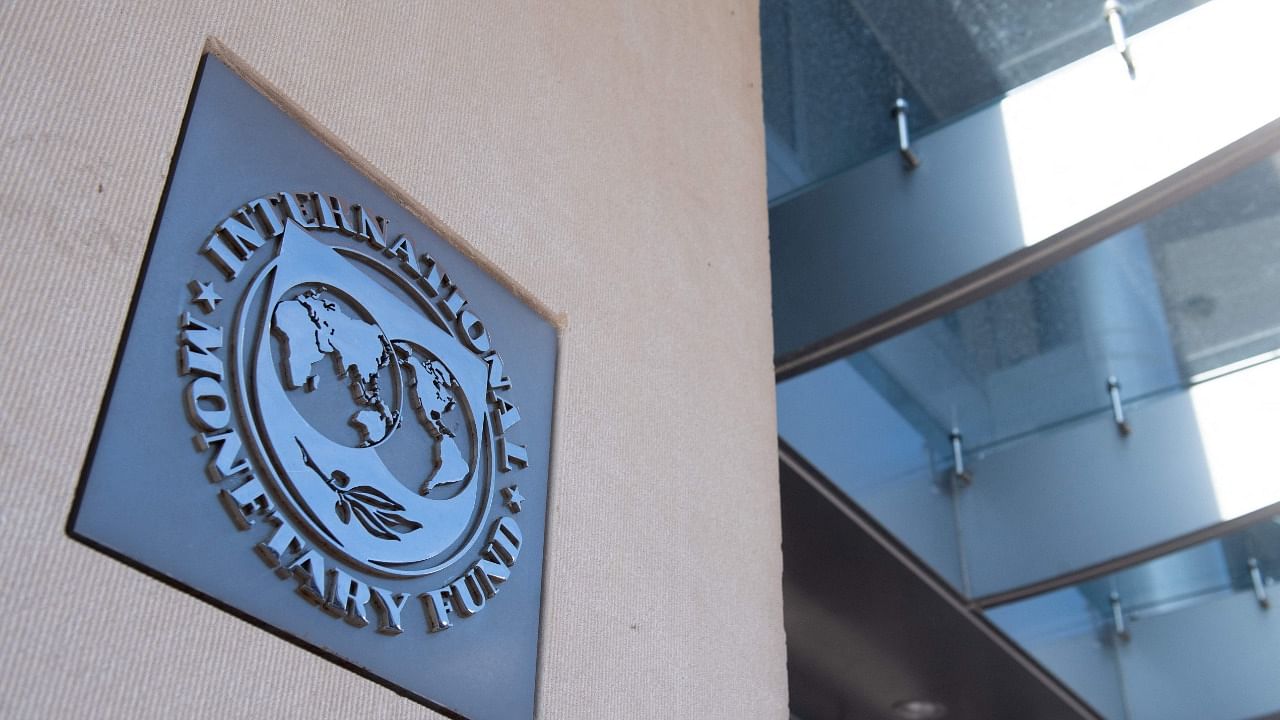
The actions taken by countries during the coronavirus pandemic to prevent a deeper economic downturn may have unintended consequences, according to a top IMF official.
The global economy is beginning to emerge from the economic shock caused by the Covid-19 pandemic, Tobias Adrian, Director of the IMF's Monetary and Capital Markets Department, told reporters at a news conference here on Tuesday.
“The economy has benefited from extraordinary policy measures that have eased financial conditions, preventing a deeper economic downturn. But those actions may have unintended consequences,” Adrian said.
Valuations for risk assets have become stretched, financial vulnerabilities have intensified and continuing policy support remains necessary, but a range of policy measures are needed to address vulnerabilities and to protect economic recovery, he said.
“We see three priorities: First, addressing corporate sector vulnerabilities and repairing balance sheets is a priority,” he said.
Second, tightening some macroprudential tools in advanced economies is important to safeguard financial stability and to enhance supervision and regulation of nonbanking financial institutions, and third, rebuilding buffers in emerging markets is a policy priority to prepare for a potential repricing of risk and the reversal of capital flows, he said.
Adrian said central bankers have proven to be highly skilful during this past year as they successfully engineered the financial rescue.
In the year ahead, the creativity is likely to be severely tested again, as they confront the challenge of guiding their economies through asynchronous recoveries, stretched market valuations and strained social divisions.
Thus far, overall financial conditions remain accommodative, he said, adding that is good news, and policymakers must continue to promote those easy conditions until the strength of the recovery is ensured.
Also Read | New IMF reserves could fund Covid-19 vaccinations for low-, middle-income countries: Report
By contrast, in countries where the recovery is slower and vaccinations are lagging, policymakers may be forced to lean against unwarranted tightening.
The recovery is thus expected to be asynchronous, with a stark divergence between advanced economies on the one hand and emerging market and developing economies on the other hand, he said.
Given their large external financing needs and their slow progress on vaccinations, emerging markets are likely to face daunting challenges, the IMF official said.
Earlier this year, international investor flows into emerging market debt had a sudden reversal for several weeks, a change not witnessed since last summer.
Moreover, the recent rise in the US real yields has also spilled over to funding costs in emerging markets, he said.
With their sizable financing needs this year, emerging markets are exposed to rollover risk which will be complicated further if domestic inflation rises or if global long term interest rates continue to rise. For many frontier market economies, market access remains impaired, he said.
Responding to a question, Adrian said that in many countries, the corporate sector is emerging from the pandemic over indebted, although with notable differences across firm size and economic sectors.
“Whether the economic recovery will be uneven and whether it would suffer from scarring effects will depend on the ability and willingness of banks to lend once support is unwound by the governments.
“Concerns about the credit quality of hard hit borrowers and about the profitability outlook are likely to weigh on the risk appetite of banks. Even if most banks have ample capital buffers, only a few may be willing to use the buffers to lend and support the recovery,” he said.
Adrian said China has re-emerged from the crisis more quickly than any other country in the world. The measures that were taken to contain the pandemic were very quick and very effective, and as a result, the Chinese economy recovered to pre crisis levels already last year in 2020, he said.
“And so that places China in a very good situation; but… there were measures that were deployed, that did lead to further increase in leverage and in certain vulnerabilities. Of course, in China there have been pre-existing vulnerabilities already prior to the pandemic, such as certain weaknesses in small and provincial banks, as well as leverage in some segments of the corporate sector.
“So, having a policy approach that is addressing those vulnerabilities and is balancing wanting to stimulate the economy on the one hand but doing it in a way that is safe on the other hand, and so is getting the intertemporal tradeoffs in between easy policy and the medium term buildup of vulnerabilities, getting this balance in the policy mix right is very much first order,” Adrian added.